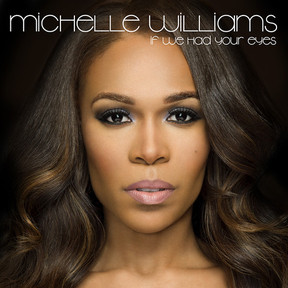
Just finishing up her Broadway run in “Fela!,” Michelle Williams has returned to music and her gospel roots with the new single, “If We Had Your Eyes.” With the dramatic and catchy production touch of Harmony Samuels, who is quickly becoming one of the most wanted producers in R&B, “Eyes” is not your mama’s gospel. Hip and reflective, Williams describes how she thinks we would operate differently if we saw and comprehended things like God does. Her hypothesis is that we would have more compassion and patience and would fully understand the intentions, actions and hearts of others. She’s probably right. Vocally, Williams’ offering is an acquired taste; some may find it too youthful or shrill, while others may hear it as distinctive and comfortably soft. Nonetheless, I was drawn in by the music and strong lyrics. “Eyes” is worth taking a listen to. You can do so here.
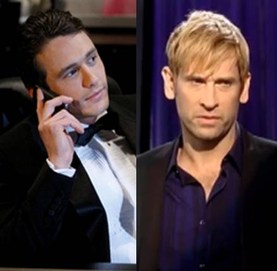
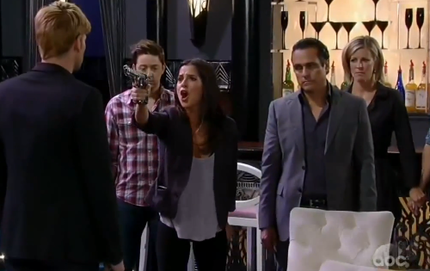
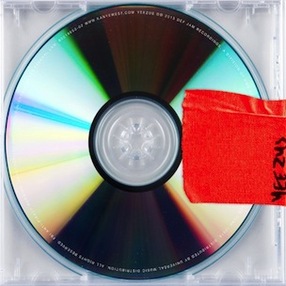
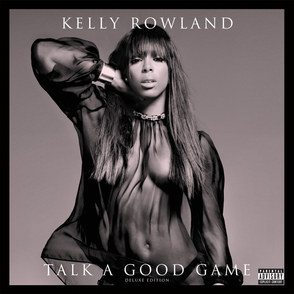
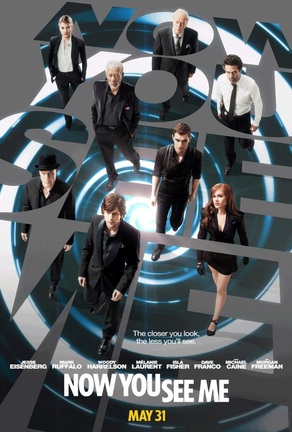
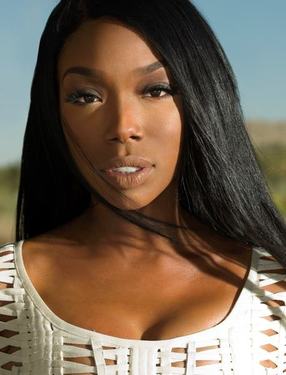
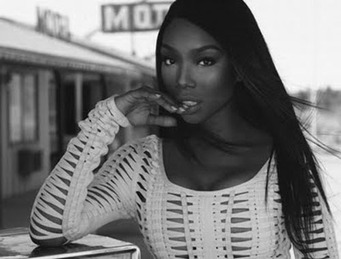
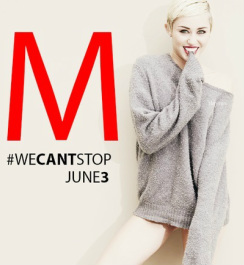
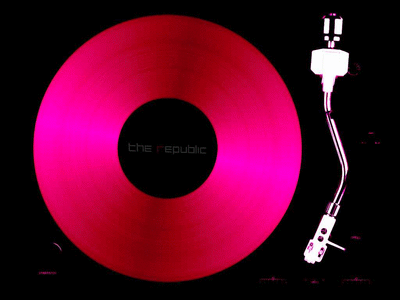
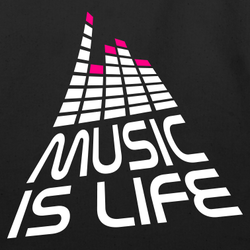
 RSS Feed
RSS Feed